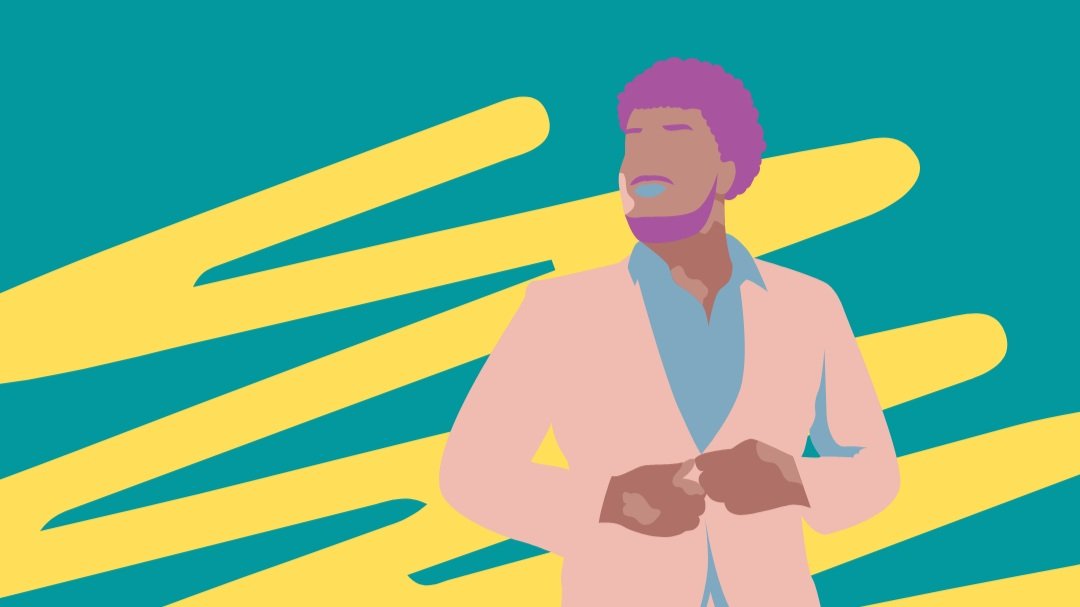Ace Dad Advice: How do I know I'm really asexual?
J writes:
Can aesthetic attraction play an initial role in romantic attraction for aces? I was hearing aces may have a different experience with crushes than allos.
Also, if aesthetic attraction causes an erection, is that sexual attraction? I've heard you talk about sexual orientation being determined by patterns of behavior. However, if both an erection paired with aesthetic attraction and never having sexual thoughts or desires directed towards someone are patterns of behavior which is more important to determining if someone is ace? When people talk about the direction of arousal, are they referring to a person being an identifiable cause or are they referring to mental arousal being directed towards a person? If a crush causes physiological arousal, but never and sort of explicitly sexual thoughts, is the arousal important?
Hey J,
It’s important we start with this: human sexuality is complicated. Ace or allo, the intersecting mechanisms of attraction, arousal, our sexual and intimacy behaviors, the emotions we connect with those things, and the causes we assign those things create a sprawling, extremely complex experience that we don’t have great words for. Sexuality is hard to explain. Sexuality is hard to describe.
But we try. Ace educators like myself work hard to create descriptions of ace experience that are helpful, particularly in trying to describe what makes ace experience “ace experience.” We try to explain it from a lot of different angles — more entry points means more possibility for someone to “get it” — and we can get fiddly because we want to wrangle in the complexity as much as possible so that someone who needs it feels reassured. But while I think we do a good job of creating helpful, approachable explanations, our explanations can’t be seen as all there is or as the definitive explanation of asexuality. Human sexuality is far too complicated for that.
All that to say, a lot of the things you ask in your email are focused on some fiddly distinctions in some of the “what makes asexuality asexuality?” discourse. And while I get why you might find yourself invested in the fiddly bits — we want to be sure we’re calling ourselves something authentically and correctly — I think those questions are the wrong questions to be asking yourself.
Asexuality isn’t a mathematical equation. It’s not a chemical formula. You can’t look at the asexual experience as a specific, unalterable combination of ingredients that always, when brought together, produce Being Ace. That’s not how we work. Asexuality is such a varied experience that even, among us, we can have wildly divergent wants, needs, desires and behaviors.
The more important questions are: Do the ideas of asexuality resonate with me? Does attaching “asexual” to my understanding of myself feel right? Does my experience line up in significant — if not all — ways that asexuality is described? Does being asexual create a more complete picture of myself, one that being allosexual does not?
That’s what’s important. And what I hope you see in those questions is your own autonomy in the decisionmaking process. YOU decide whether or not asexuality describes you, not the other way around.
If you’re getting caught up in the fiddly bits, take a breath and a big step back. You’re asking questions because some part of your individual experience doesn’t line up with what the world tells you ought to be happening. The questions you have point to an experience that’s outside what most allo folks describe as their experience. Maybe that’s enough.
Whatever you decide, you decide. And whatever truth you claim for yourself can’t be debunked or argued by someone who isn’t living your life.
Need advice on love, sex, life or relationships?
Send your questions to cody@acedadadvice.com.

